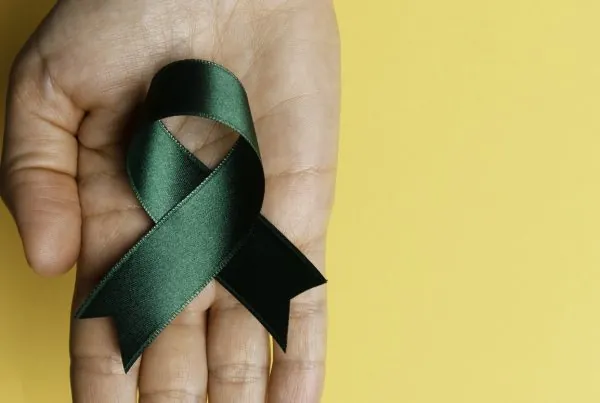What is Emotional sobriety?
Is it perfection? Is it always feeling good or being happy, or optimistic? And what happens if you don’t meet perfection, or you have a bad day, feel anxious, angry, sad, or gasp, pessimistic?
Emotional sobriety is the ability to self-regulate– to self-soothe in times of duress. It is not a call to perfection. For an alcoholic, addict, or one with fragile mental health, learning to self-regulate is a foundational tool for their recovery and something they begin to learn in treatment. Therapists and counselors work tirelessly to encourage clients to begin the process of looking inward, learning to nurture themselves and hold space for the difficulties human beings often face. Emotional sobriety is something that forms after the first stage of sobriety is attained. With it comes the ability to be present for your emotions and the ultimate goal is to become nonreactive. Sometimes, that may mean sitting with the discomfort of your emotions until they pass, and that isn’t easy.
Ingrid Mathieu, Ph.D, author of Recovering Spirituality talks about Emotional Sobriety with uncomplicated clarity. In her Psychology Today blog “Stop the Self-Diagnosis,” she says, “Emotional sobriety is less about the quality of the feeling (“good” or “bad”) and more about the general ability to feel one’s feelings. Being restored to sanity isn’t about getting the brass ring—or cash and prizes—or being ‘happy, joyous, and free’ all the time, but it is about being in the present moment, whatever it happens to look like.” You can enjoy the rest of her article here.
Here are 5 tools for self-regulation that can help you with attaining Emotional Sobriety:
1. Take a time out: Walk away, take 10 breaths or 20 if you’re still heated. Do some work to ground yourself and come back to your body. When we are not regulated, we tend to be outside of our bodies, placing our hands to our bellies, or on the ground or on something solid can help remind us to be present.
2. Meditation: I often suggest that one practices what are called the brahma viharas (a Pali word–the language of the Buddha–which means “heavenly abode”): they are often referred to as the heart practices in Buddhist meditation. They include: Metta (lovingkindess), Compassion, Forgiveness, and Sympathetic joy and Equanimity (the ability to be like a tree in the wind: fluid and non-reactive to the “weather.”).
3. Yoga: Yoga can be a workout or it can be what it was meant to be: a moving meditation. Trust me, if you are not breathing, and focused, you will fall over in your tree pose. Yoga will allow you to learn to recognize your reactions to discomfort and respond to them differently.
4. Take a walk or go on a hike: Just moving our bodies can help us calm down. A walk around the block can make sometimes get you out of your anger and despair.
5. Stop the negative self-talk: This one is tough. We tend to berate ourselves on a regular basis, “ugh, I’m so dumb,” “I’m fat,” “I can’t do this.” I could go on and on. Think about it this way, would you say that to someone you love? I didn’t’ think so.
6. Find and work with a therapist if you need to. A skilled clinician can facilitate a path to self-discovery, healing, and self-care. There’s nothing wrong with seeing a therapist; if anything, it’s mental health insurance. Being human is tough work!
I leave you with one of my favorite stories, applicable to Emotional Sobriety and the work it requires to obtain:
An old Cherokee is teaching his grandson about life. “A fight is going on inside me,” he said to the boy.
“It is a terrible fight and it is between two wolves. One is evil – he is anger, envy, sorrow, regret, greed, arrogance, self-pity, guilt, resentment, inferiority, lies, false pride, superiority, and ego.” He continued, “The other is good – he is joy, peace, love, hope, serenity, humility, kindness, benevolence, empathy, generosity, truth, compassion, and faith. The same fight is going on inside you – and inside every other person, too.”
The grandson thought about it for a minute and then asked his grandfather, “Which wolf will win?”
The old Cherokee simply replied, “The one you feed.”
Which wolf are you feeding?








